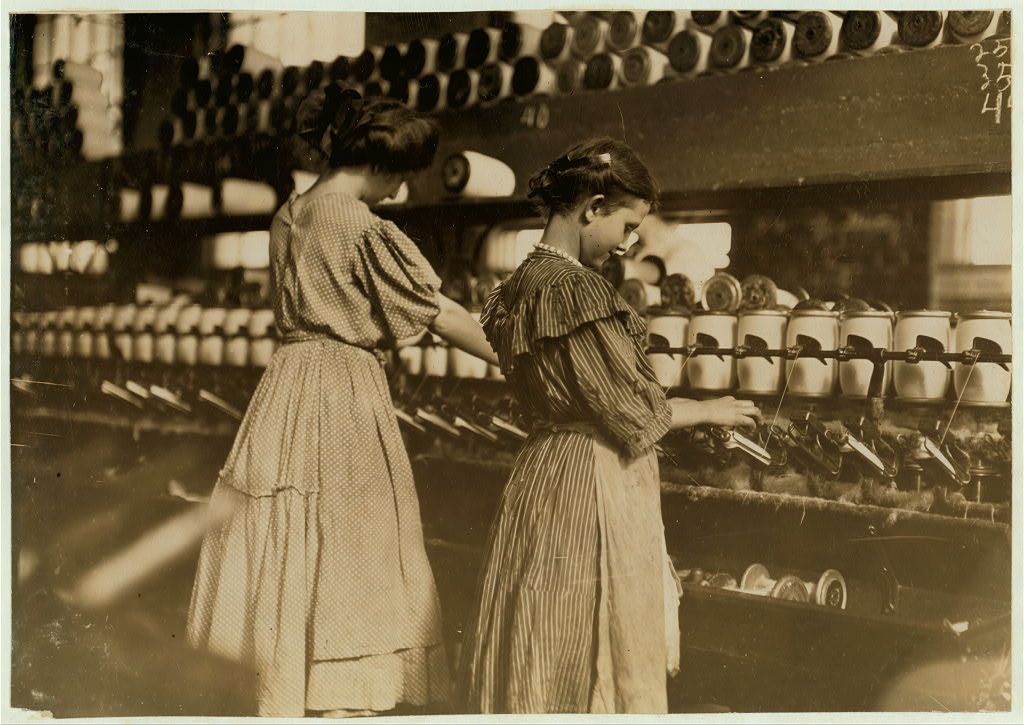
Capitalism surrounds us. It structures our daily lives. It determines desires and limits access to goods and services. It reinforces and defines political relations between individuals, social groups, and states. Although a world without capitalism seems nearly inconceivable today, this system could not rise, expand and dominate without key preconditions and structural contingencies: these included the domestication of plants and other sentient beings, favourable climatic windows for exploitation and exchange, luxuries and long distance trade networks, technologies of violence, concentrations of wealth, extra-regional environmental pillage and plunder in addition to modern mass enslavement, colonialism, and the cultural seduction and collaboration of millions of eager consumers. In a word, capitalism is a complex, multifaceted, historical phenomenon which arose by harnessing resources scattered around the world and ensnaring each and everyone of us in its web. And its past is both deep and global.
This course departs from a review of pre-history: the post-Pangea continental drift that distributed animal and vegetable species unevenly around the globe (furnishing Afro-Euro-Asia with an “head start”) and the historic climate window of the Holocene (the last 11,500 years during which global temperatures and sea levels have been unusually stable) which permitted early urbanization and state formation. The course then addresses some of the key economic and historical questions concerning the emergence and expansion of global, capitalistic relations: When did “capitalism” actually ‘take-off’: 5,000 or 500 or 250 years ago? What role did geography, technology, raw materials, and scale play in early market formation and manufacturing? Did capitalism drive war and colonialism or did colonialism and war drive capitalism? What caused the “great divergence” between early modern Asia and Europe? Finally, how have historians attempted to narrate and calibrate capitalism's vast, interconnected tales of human, animal and environmental exploitation?
